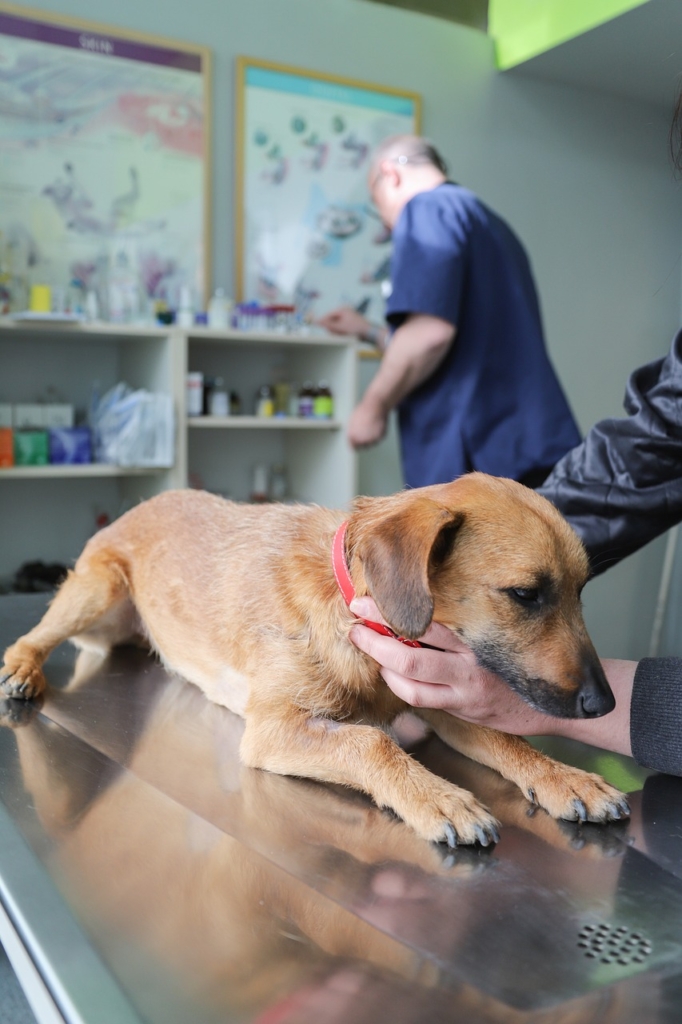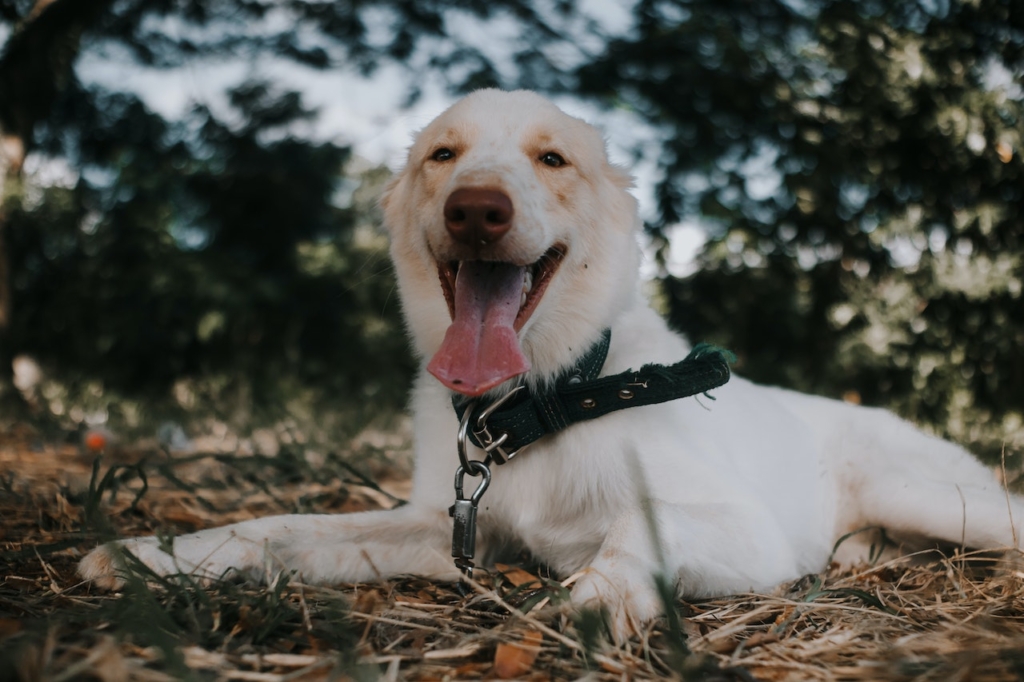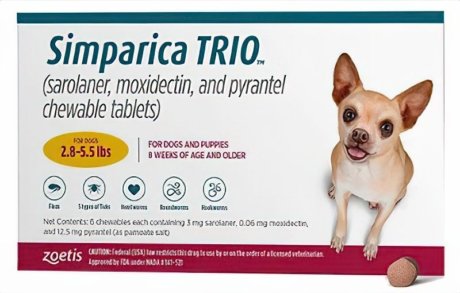Bordetella Vaccine for Pets | Cost, Benefits, Side Effects
Bordetella is a highly infectious respiratory illness in dogs and cats. It is usually referred to as kennel cough and may swiftly spread at pet boarding facilities, dog parks, and other community spaces where pets contact with one another. While Bordetella is seldom fatal, it can cause considerable pain in both dogs and people. The Bordetella vaccination comes in useful here. In this article, we will discuss about the Bordetella Vaccine, importance of the Bordetella vaccination for your pet and what you should know about it before vaccinating your cat.
What is Bordetella?
Bordetella is a bacterium that spreads by diseased animals, contaminated surfaces, and airborne particles. The most frequent Bordetella symptoms in pets include a dry cough, runny nose, sneezing, and fever. Pets can suffer pneumonia in extreme situations, which can be fatal.
Bordetella can manifest itself in a variety of ways, including Canine Infectious Tracheobronchitis, Feline Upper Respiratory Infection, and Bordetella bronchiseptica. Depending on the age and overall health of the pet, the severity of these kinds can range from mild symptoms to life-threatening illnesses.
Why Vaccinate Against Bordetella?
Vaccinating pets against Bordetella is critical for preventing illness spread and protecting pets from severe pain and consequences. Pets are more prone to infection and can transfer the sickness to other pets and humans if they are not vaccinated. Furthermore, untreated Bordetella infection can result in serious consequences like as pneumonia, which can be difficult and costly to treat.
The Bordetella vaccination stimulates the immune system of the pet to develop antibodies against the Bordetella bacterium. If the pet comes into touch with the germs, these antibodies assist it fight the infection. While the vaccination does not give complete protection against infection, it does minimise the severity of symptoms and the likelihood of disease transmission.
Types of Bordetella Vaccines
There are different types of Bordetella vaccines available for pets, and the choice of the vaccine depends on the pet’s age, overall health, and lifestyle. The most common types of vaccines include:
Intranasal vaccine:
This vaccine is administered through the pet’s nose and provides rapid protection against Bordetella. It is commonly used for pets that are frequently exposed to communal areas such as boarding facilities and dog parks.

Injectable vaccine:
This vaccine is administered through an injection and takes longer to provide protection against Bordetella. It is commonly used for pets that do not have frequent exposure to communal areas.
It is recommended that pets receive the Bordetella vaccine every six to twelve months, depending on the type of vaccine and the pet’s lifestyle.
Bordetella Vaccine For Dogs
You’ve probably heard of the Bordetella vaccination if you own a dog. This vaccination is intended to prevent dogs from a bacterial infection that can cause kennel cough. Kennel cough is a highly infectious respiratory ailment that spreads fast in places where dogs are in close contact with one another, such as kennels or dog parks.
Getting your dog vaccinated against Bordetella can help prevent them from becoming ill and perhaps transmitting the disease to other pets. Veterinarians frequently suggest the immunisation since it is typically safe and effective. If you’re thinking about getting your dog vaccinated, consult with your veterinarian to see if the Bordetella vaccine is appropriate for your pet.

Bordetella Vaccine Cost
Looking for the Bordetella vaccination price? The cost of this vaccine varies based on a variety of factors, including where you reside, where you purchase it, and if it is purchased as part of a larger immunisation package. The Bordetella vaccination costs somewhere between $20 to $50 on average. Keep in mind that many pet insurance policies will cover the cost of such immunisations, so check with your provider to see if you have coverage.
Bordetella Vaccine Side Effects
Slight adverse effects of the Bordetella vaccination for dogs include discomfort or swelling at the injection site, slight fever, lethargy, and reduced appetite. However, these adverse effects are often transient and disappear on their own without the need for medication. In rare situations, some dogs may have a more severe allergic response that needs rapid veterinarian intervention. Despite the possibility of adverse effects, severe responses to the Bordetella vaccination are relatively uncommon. Consult your veterinarian if you have any questions regarding the dangers and advantages of immunisation for your dog.

- Soreness or swelling at the injection site
- Mild fever
- Lethargy
- Decreased appetite
- Allergic reaction (rare)
How to Prepare for Bordetella Vaccination
Before getting your pet vaccinated against Bordetella, it is essential to prepare them for the vaccination process. Here are a few steps to follow:
Schedule an appointment with your veterinarian:
It is best to consult with your veterinarian about the Bordetella vaccine and determine the most suitable type of vaccine for your pet.

Complete a pre-vaccination exam:
Your veterinarian will conduct a pre-vaccination exam to ensure that your pet is healthy and can receive the vaccine safely.
Monitor your pet after vaccination:
After the vaccination, monitor your pet for any signs of adverse reactions such as fever, lethargy, vomiting, or loss of appetite. If you notice any of these symptoms, contact your veterinarian immediately.
Conclusion:
The Bordetella vaccination is an important part of pet healthcare, and pet owners should make sure that their dogs get it on a regular basis. The vaccination not only protects the pet against severe pain and suffering, but it also lowers the danger of illness transmission to other dogs and humans.
Finally, the Bordetella vaccination is an important tool for limiting the spread of illness and protecting dogs from serious sequelae. Pet owners should consult with their physicians to identify the best vaccine kind and regimen for their dogs. Regular immunisation and monitoring for adverse responses can assist in keeping dogs healthy and happy.
Frequently Asked Questions:
-
What is the Bordetella vaccine for pets?
The Bordetella vaccine is a vaccine designed to stimulate the immune system of pets to produce antibodies against the Bordetella bacteria, which can cause respiratory infections such as kennel cough.
-
How often should I vaccinate my pet against Bordetella?
The frequency of vaccination against Bordetella depends on the type of vaccine and the pet’s lifestyle. It is recommended that pets receive the vaccine every six to twelve months.
-
Is the Bordetella vaccine necessary for indoor pets?
While indoor pets may have a lower risk of exposure to the Bordetella bacteria, they can still contract the infection through contact with infected humans or other pets. Therefore, it is recommended that all pets receive the Bordetella vaccine.
-
Can the Bordetella vaccine cause adverse reactions in pets?
Like all vaccines, the Bordetella vaccine can cause adverse reactions such as fever, lethargy, and vomiting. However, these reactions are usually mild and go away on their own within a few days.
-
Can my pet still get kennel cough even after receiving the Bordetella vaccine?
While the Bordetella vaccine reduces the severity of symptoms and lowers the risk of spreading the disease, it does not provide 100% protection against kennel cough. However, vaccinated pets are less likely to get infected or develop severe complications.
-
Can the Bordetella vaccine be given at the same time as other vaccines?
Yes, as long as there are no contraindications, the Bordetella vaccine can be administered with other immunisations. However, it is advised that the immunisations be spaced out by a few weeks to reduce the possibility of unpleasant effects.
-
How effective is the Bordetella vaccine?
The efficacy of the Bordetella vaccination is determined by several factors, including the type of vaccine used, the pet’s age and health state, and the pet’s surroundings. However, the vaccination is widely regarded as helpful in decreasing the severity of symptoms and minimising the likelihood of infection transmission.
-
Can puppies and kittens receive the Bordetella vaccine?
Yes, puppies and kittens can receive the Bordetella vaccine as early as six weeks of age. However, the vaccine may need to be repeated several times to ensure adequate protection.
-
Can humans get kennel cough from their pets?
While rare, humans can contract kennel cough from their pets. Therefore, it is important to practice good hygiene and take necessary precautions, such as washing hands frequently and avoiding close contact with infected pets.
-
What should I do if my pet shows signs of kennel cough?
If your pet exhibits kennel cough symptoms such as coughing, sneezing, or nasal discharge, you should call your veterinarian right once. Your veterinarian can diagnose the underlying cause of your symptoms and provide appropriate therapy, such as antibiotics and cough suppressants.
Recommended:
Sand Fleas | Bite, Treatment, Size, Sand Fleas On Dogs?
Red Heeler Dog | Price, Breed Profile, Monthly Cost, Care Tips





























